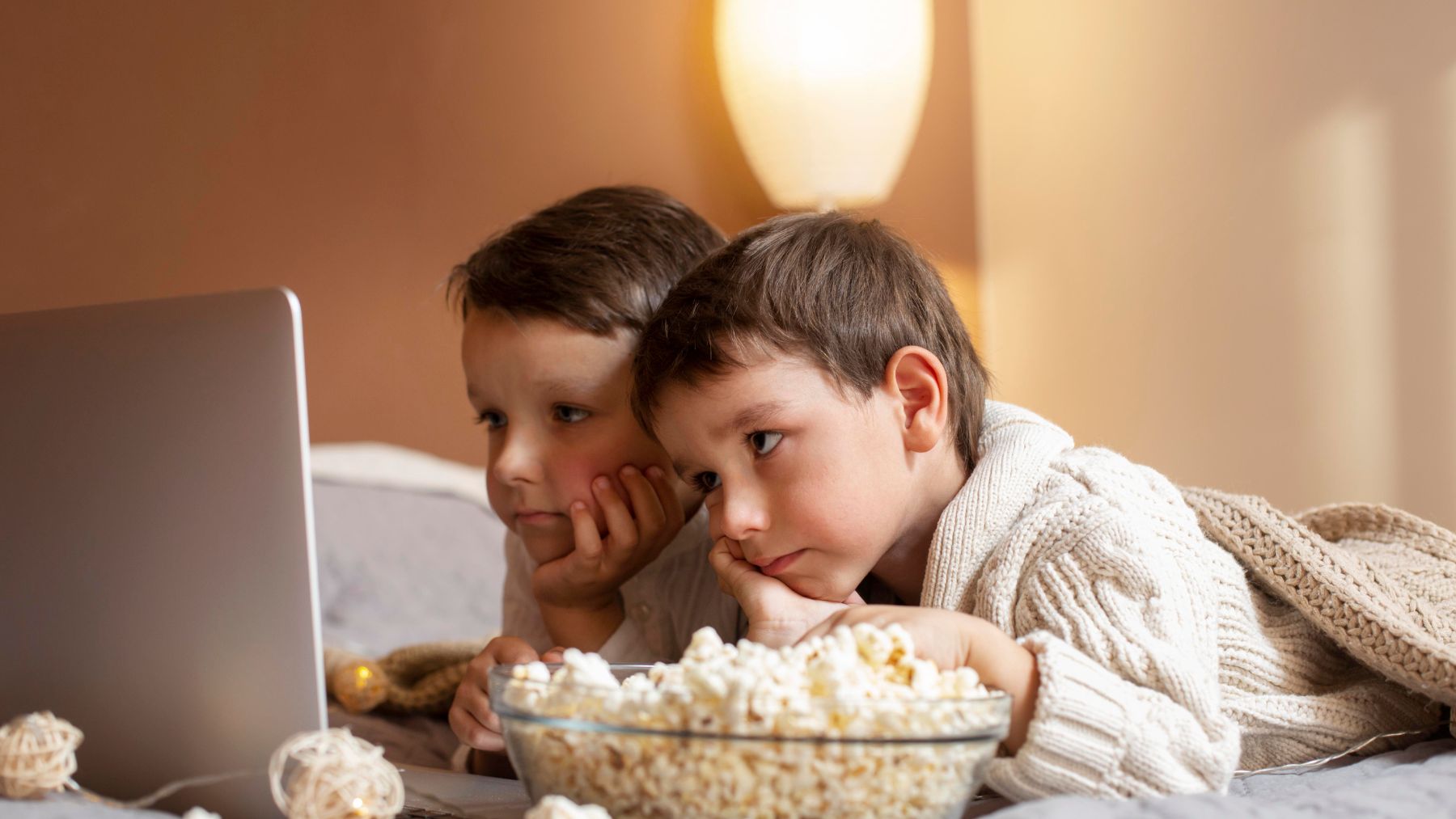This movie has been part of childhood for decades, showing kids more than just catchy songs and colorful animation. It delivers timeless lessons about courage, friendship, and responsibility that continue to inspire families today.
The Lion King, first released in 1994, is not just a film full of catchy songs and dramatic moments. It’s also packed with phrases that hold deep meaning, inspiring both kids and adults to reflect on important values. From facing fears to cherishing friends, the lessons are as relevant now as they were three decades ago.
What makes The Lion King a guide to life values?
The strength of this movie lies in its memorable quotes that go far beyond the story itself. Take Pumbaa’s advice about leaving the past behind—an invitation to let go of mistakes and look forward. Rafiki adds another layer, reminding us that while the past may hurt, the real choice is whether to run from it or learn from it. These lines help children understand resilience in a way that feels simple and relatable.
Then there’s Mufasa, whose wisdom echoes throughout the film. His words “Remember who you are” serve as a powerful reminder of identity and belonging, something children need to hear as they grow. By repeating this phrase, parents can strengthen self-esteem and help kids feel secure in their place within the family.
Timon, meanwhile, encourages looking ahead rather than staying stuck in where you’ve been. This lesson may sound abstract, but it’s a great way to teach kids the value of focusing on goals instead of regrets. With real-life examples, children can begin to grasp the importance of moving forward.
The wisdom of Mufasa: lessons for self-esteem and responsibility
Many of the most impactful quotes in The Lion King come from Mufasa. He urges Simba—and by extension, the audience—to face fears with maturity, to see within themselves, and to recognize their true potential. For parents, repeating such lines can become a daily tool to build confidence in their children.
Mufasa also speaks about balance, explaining that every creature, from the smallest ant to the largest antelope, has a place in the circle of life. This encourages respect for nature and an understanding of responsibility toward others.
Another key lesson comes when he reminds Simba that doing the right thing isn’t always easy, but it’s always necessary—a valuable way to talk about honesty and ethics with kids.
Friendship, change, and the joy of Hakuna Matata
Beyond family and duty, the film also highlights friendship and adaptability. Timon’s simple phrase “Change is good” is perfect for children who struggle with transitions, whether it’s a move, a new sibling, or starting school. Pumbaa adds that having a friend is a treasure—an easy yet powerful way to teach the importance of nurturing relationships.
Of course, one of the most famous lines is “Hakuna Matata,” which translates to living without worries. While lighthearted, it’s a reminder to embrace joy and let go of unnecessary stress. Singing the song together can instantly lift spirits, making it a family tradition that carries real meaning.
Finally, Mufasa reassures Simba that the kings—and metaphorically, parents—are always there to guide and protect. This is a comforting way to show children that they are never alone, reinforcing the idea of family unity and unconditional support.
The Lion King may be remembered for its music and dramatic story, but its greatest gift lies in the values it continues to pass down. For kids, it’s more than entertainment—it’s a guide to growing up with courage, kindness, and heart.

